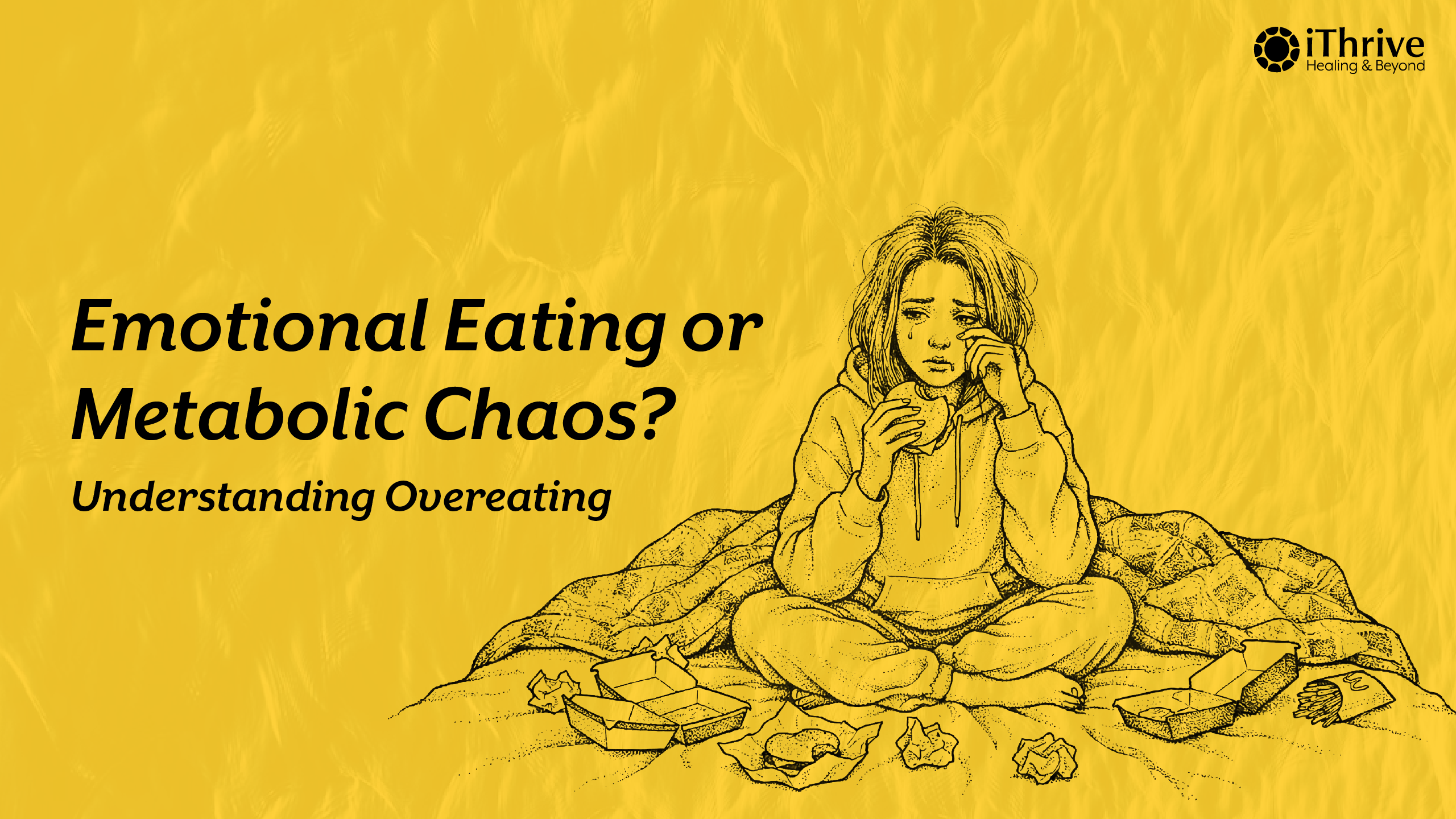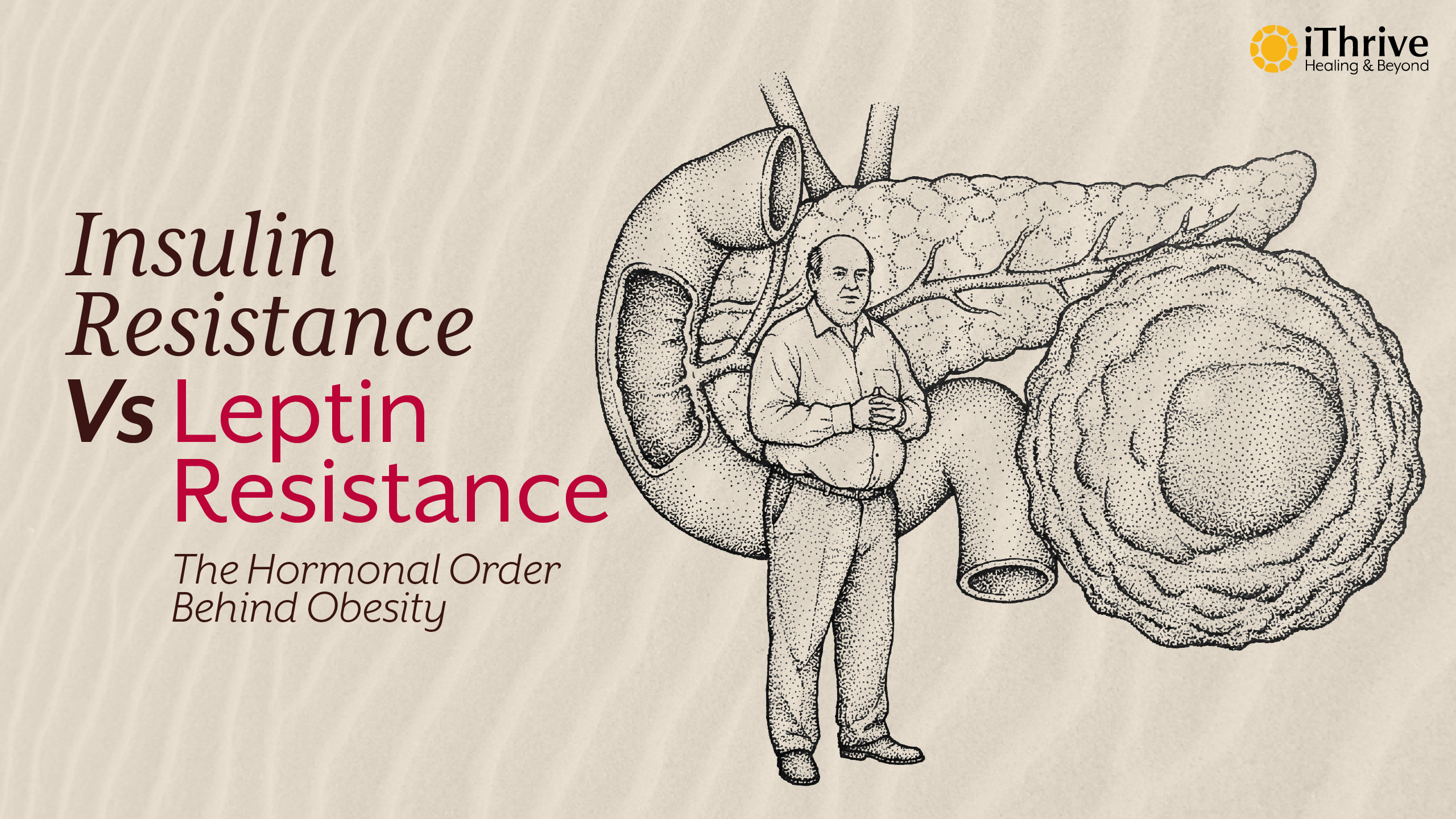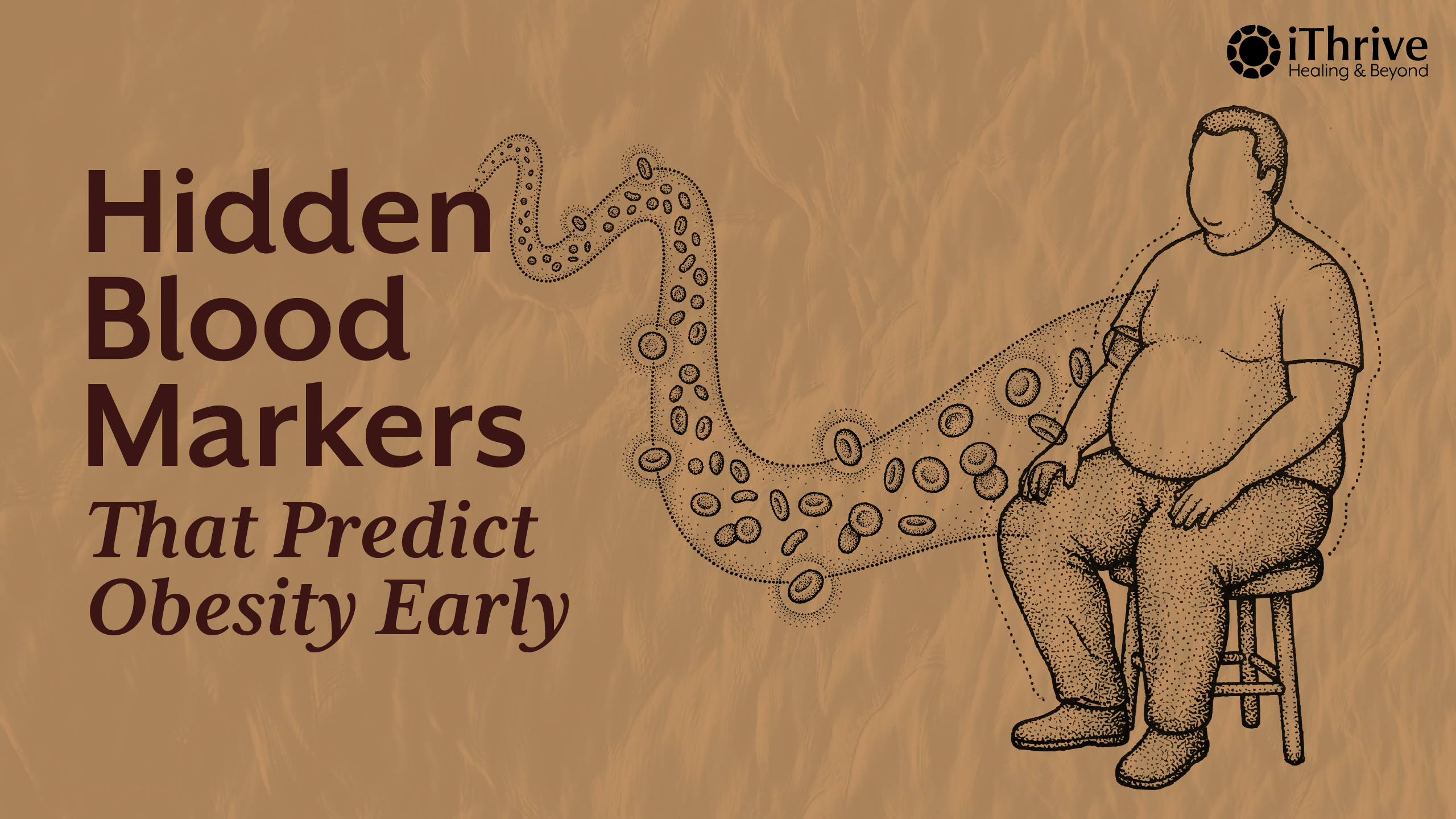The major flaw in the concept of weight loss lies in its name itself- “weight” loss. Because what you specifically want to lose is the fat mass and not the muscle mass from your body. Weight lost by losing fat mass is what we consider healthy weight loss. For good metabolic health, you need to increase muscle mass and reduce fat mass. Ironically, it's muscle mass that is much heavier, and losing even small amounts of muscle mass can lead you to dropping kilos on the weight scale. This is why body weight and even BMI(which is derived from your body weight) are not accurate markers of metabolic health. What is important is what we refer to as ‘body composition’ which is measured by tracking body fat percentage. Body fat percentage can be difficult to measure- instead, you can just track your body shape in the mirror or measure your waistline. Higher fat deposition around the waistline referred to as "central obesity” is particularly linked to adverse health outcomes.
Weight loss is a huge industry and there are a million different services, products, and information sources available today to help you lose weight. Some of these are totally fraudulent and even dangerous, while the majority of others are only partially effective because they only focus on a single factor to boost weight loss.
Workout programs for weight loss do nothing to address the diet. And even most nutrition programs only focus on calorie intake, which is only one small factor.
To lose weight in the right way(by losing fat and not muscle), you need to take a holistic approach. Multiple factors such as hormonal issues, thyroid dysfunction, gut issues, and toxin overload can lie at the root of many people’s obesity.
The best option is to get a complete health evaluation and work with a functional nutritionist or other holistic health practitioner and work on all aspects of your diet and lifestyle. It’s important to ensure the weight loss is sustainable. This can be achieved by changing your diet and lifestyle gradually instead of jumping on strict crash diets. Most of the time, rapid weight loss through very strict diets involving calorie restriction causes a lot of muscle mass loss.
Subscribe to our newsletter and receive a selection of cool articles every week





.png)


.webp)

.jpg)
.jpg)










